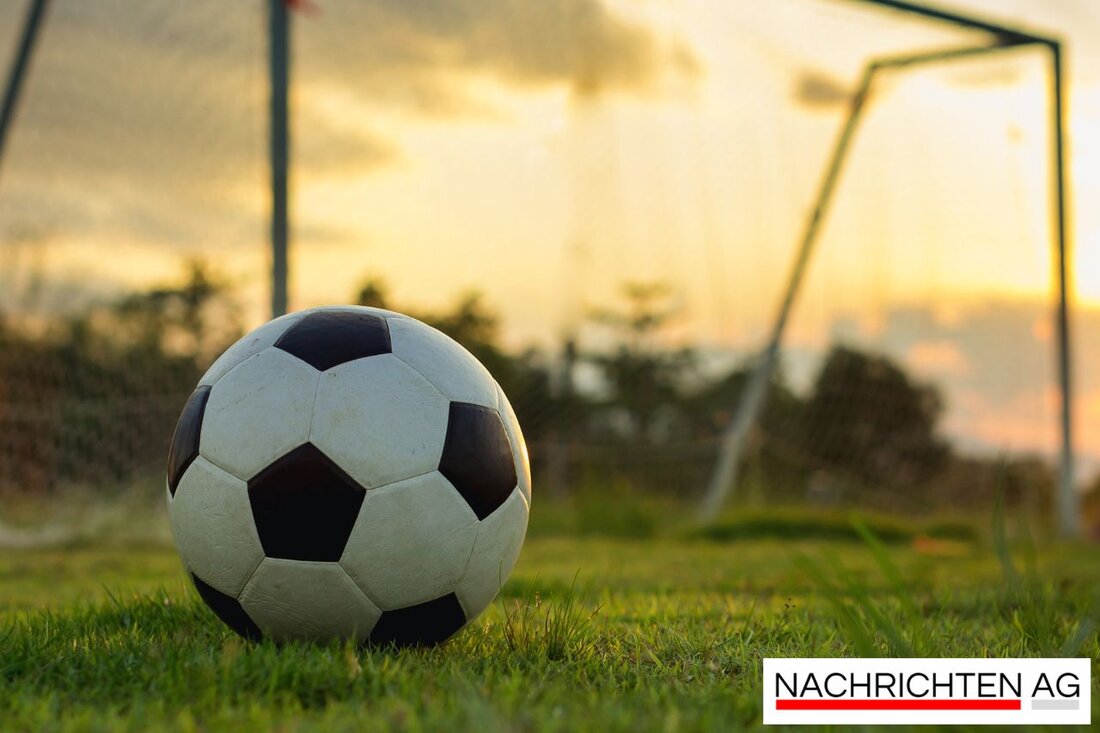Black-headed gulls invasion at Dynamo: Is the artificial turf a treat?
In Dresden, black-headed gulls are eating the granules from the artificial turf at Dynamo's training center, raising health concerns.

Black-headed gulls invasion at Dynamo: Is the artificial turf a treat?
Over 70 black-headed gulls have gathered at the Dynamo Dresden training center and are busily pecking the granules from the artificial turf pitch. This unexpected visit not only causes a brief smile among those present, but also raises serious questions about the health of the birds. According to reports from Picture a reporter observed how the seagulls happily peck at the plastic granules, which they mistakenly believe to be food. Biologist René Sievert from NABU Saxony explains that seagulls are known to be extremely resourceful in their search for food and often eat everything they can find.
Although seagulls usually forage for food in parks and gardens, this opportunity at the training center apparently has a special appeal for the feathered visitors. Visitors to the site have fun with jokes about the seagulls, based on arch-rivals Hansa Rostock, while they observe the scenery. It's an image you don't see every day.
Health concerns
The granules in question, which are used when playing on the fields, are made of plastic, which releases microplastics through wear. In the long term, these microplastics are harmful to the health of seagulls, especially their offspring. “The seagulls’ behavior is unusual,” Sievert notes, “and not a common phenomenon.” The granules are also refilled once a year so that the seagulls can continue to look for food there in the future if possible.
The club itself is currently refraining from taking countermeasures. The effects of the seagulls on the training area are considered negligible, although environmental protection is already on the agenda thanks to the EU regulation that bans plastic granules from 2031. This regulation has a transition period of eight years, so that the association can continue to work with conventional granules for some time.
Alternative materials at a glance
In the discussion about more sustainable aspects of artificial turf, alternatives such as crushed olive stones or cork granules are already being considered as possible solutions. Current trends show that artificial turf pitches are increasingly being replaced by more environmentally friendly options. The need to minimize the wear of rubber particles is highlighted, as well Deutschlandfunk emphasized.
The problem of microplastic pollution is an increasing topic in football and other sports. There are around 7,000 artificial turf pitches in Germany that are not directly affected. However, once the new EU regulations are implemented, additional rubber granules may no longer be added, which increases the pressure to switch to alternative filling materials.
Overall, it will be exciting to see how the situation surrounding the artificial turf pitch at Dynamo Dresden will develop. In any case, the black-headed gulls seem to have chosen the training area as a new place to search for food. Will the club soon use battered olive pits or environmentally friendly fillings? Time will tell.

 Suche
Suche
 Mein Konto
Mein Konto